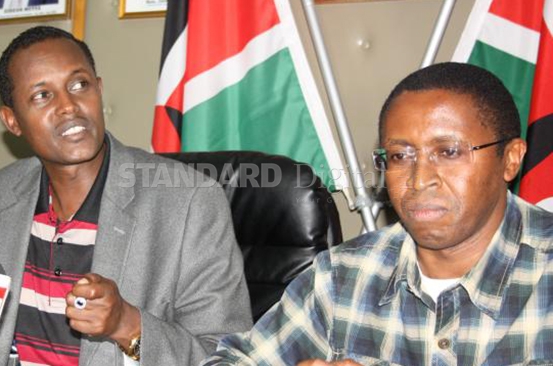×
The Standard e-Paper
Stay Informed, Even Offline

Two top Ethics and Anti-Corruption Commission (EACC) officials will stay in office for at least one year pending their vetting after President Uhuru Kenyatta’s recommendations were upheld by the National Assembly.
Although MPs had wanted to shorten the period of vetting of EACC officials to six months within enactment of the new law, they could not raise the simple majority needed to amend the President’s memorandum that detailed the one year.